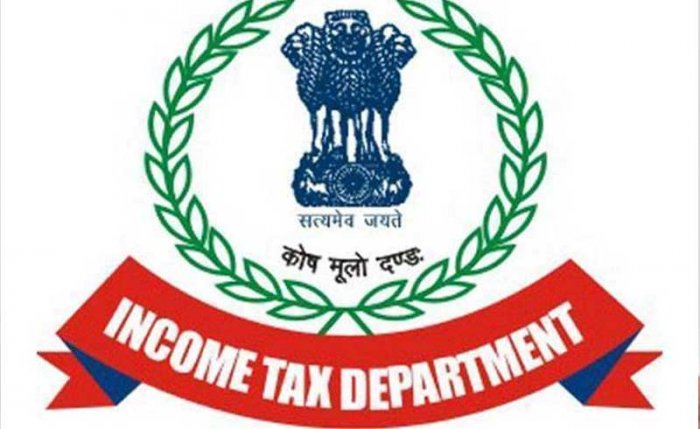![]()
Section 80JJAA is a facility for claiming a deduction for the recruitment of new or additional employees. The section has been made available in the Income Tax Act to encourage employers to recruit fresh employees on a periodic basis. This deduction of the Income Tax Act can be claimed by all assessees for creating employment generation opportunities. Section 80JJAA deduction is aimed at generating employment in all sectors of the Indian economy.
Section 80JJAA Deduction
Section 80JJAA is a facility for claiming a deduction for the recruitment of new or additional employees. The section has been made available in the Income Tax Act to encourage employers to recruit fresh employees on a periodic basis. This deduction of the Income Tax Act can be claimed by all assessees for creating employment generation opportunities. Section 80JJAA deduction is aimed at generating employment in all sectors of the Indian economy.
Eligibility for Claiming Section 80JJAA Deduction
Section 80JJAA deduction can be claimed by taxpayers whose total income includes profit or gains from business. To be eligible to claim deduction under Section 80JJAA, the taxpayer must satisfy all of the following conditions:
- The business should not have been formed by splitting up, or the reconstruction of an existing business. However, a business could have been formed as a result of re-establishment, reconstruction or revival.
- The business should not have been acquired by the taxpayer by way of transfer from any other person or as a result of business reorganisation.
- The taxpayer must file income tax return before the due date along with a report of a Chartered Accountant in Form 10DA.
Amount of Deduction under Section 80JJAA
Taxpayers can claim a deduction equal to 30% of the amount of additional employee cost for three assessment years.
Who can be considered as an Additional Employee?
Additional employee means an employee who has been employed during the previous year and whose employment has the effect of increasing the total number o employees employed by the employer as on the last day of the preceding year, but does not include:
- An employee whose total emoluments are more than Rs.25,000 per month.
- An employee for whom the entire contribution is paid by the Government under the Employees Pension Scheme.
- An employee who is employed for a period of less than 240 days during the previous years. In the case of apparel manufacturers, the minimum employment period is 150 days.
- Any employee who does not participate in the recognised provident fund.
Meaning of Additional Employee Cost
Additional employee costs mean total emoluments paid or payable to additional employees employed during the previous year. The Act provides that in the case of an existing business, the additional employee cost shall be nil, if:
- There is no increase in the number of employees from the total number of employees employed on the last day of the preceding year.
- Emoluments are paid otherwise than by an account payee cheque or account payee bank draft or by use of ECS through a bank account. Also, in the first year of business, emoluments paid or payable to the employees employed during that year will be deemed to be the additional employee cost.
Emoluments
Emoluments mean any sum paid or payable to an employee in lieu of his employment by whatever name called, but does not include:
- Any contribution paid or payable by the employer to any pension fund or provident fund or any other fund for the benefit to the employee under any law for the time being in force.
- Any lump-sum payment paid or payable to an employee at the time of termination of service or superannuation or voluntary retirement, such as gratuity, severance pay, leave encashment, voluntary retrenchment benefits, commutation of pension and so on.

